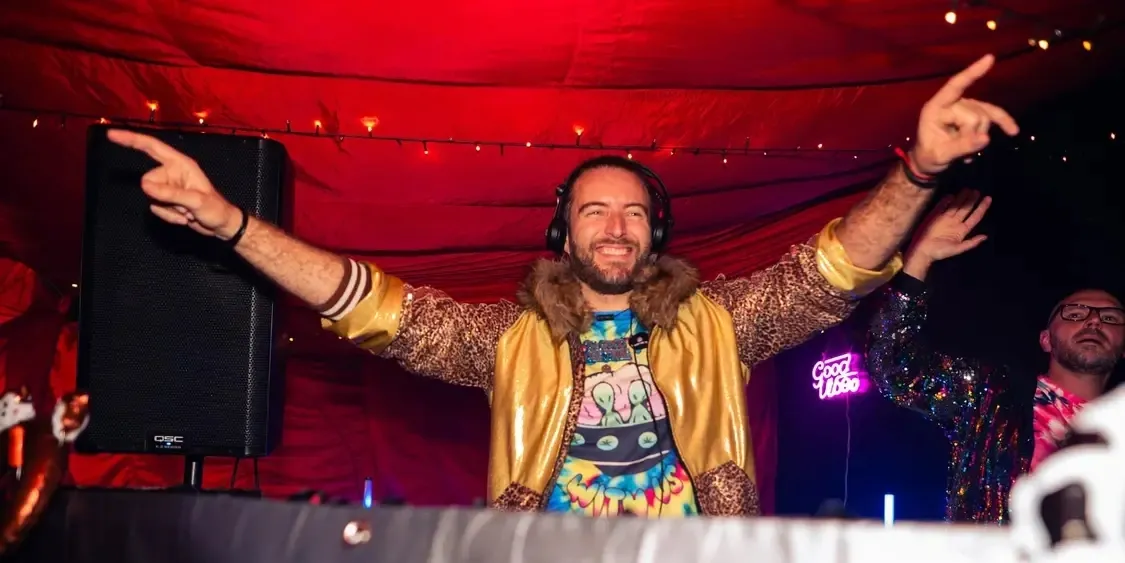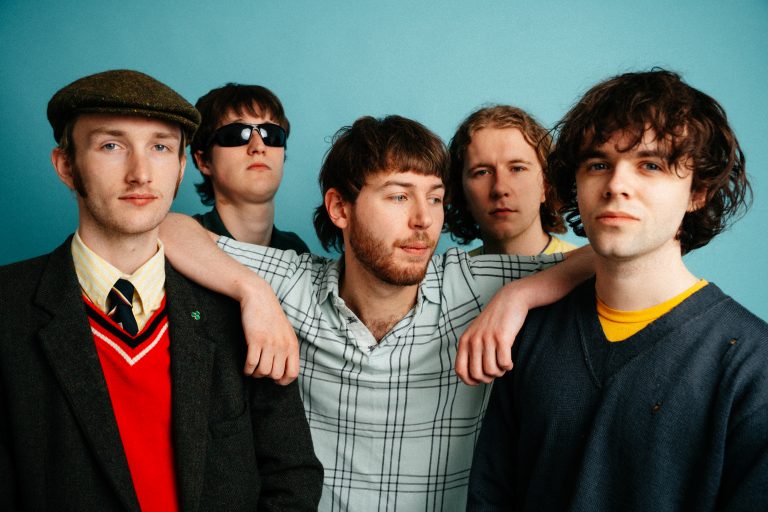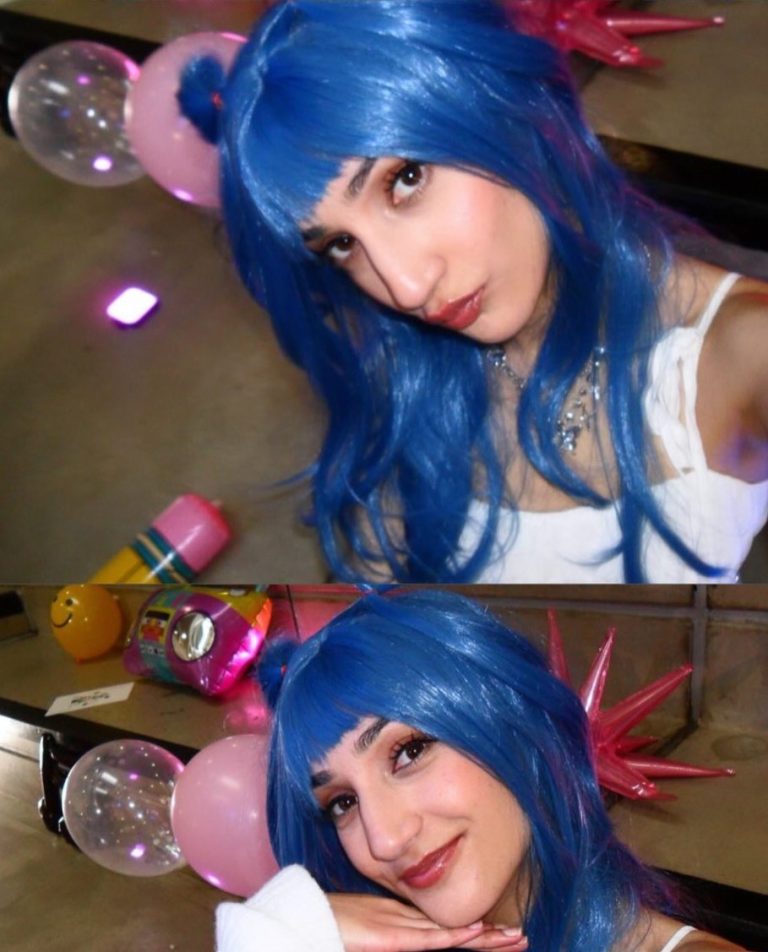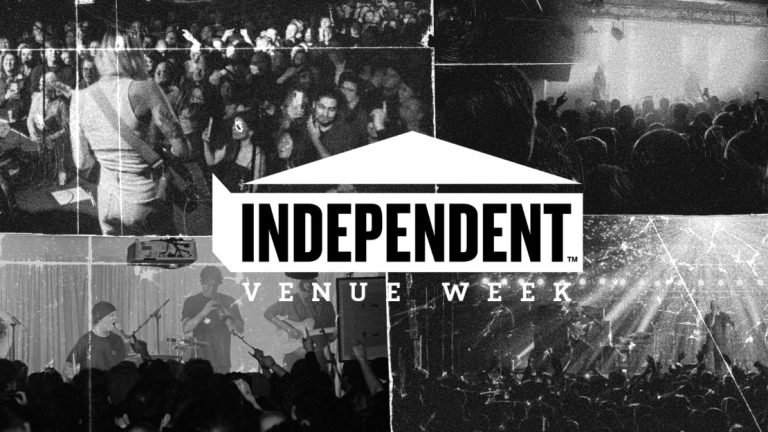For James Garside, music has always been more than just sound – it’s been a source of belonging, expression, and, most recently, healing. A longtime DJ, producer, and community-builder, James has spent years exploring the deeper emotional layers of music, both as a personal tool and as a way to connect and uplift others.
But his journey hasn’t been linear. After years immersed in DJing and music production, a career in advertising, and running multiple record labels, James hit a turning point. A significant mental health crisis forced him to reassess everything, leading him to a new path… one that still revolves around music but with a greater focus on its transformative and therapeutic power.
As we chat, James opens up about his experiences with radical honesty, discussing everything from the rave culture that first shaped him to his recent work in coaching, psychotherapy training, and rebuilding local community spaces. It’s a conversation that highlights the power of music, not just as a soundtrack to our lives but as a tool for healing, connection, and change.
Finding Music, Finding Belonging
James’ love for electronic music started in the early 2000s, traveling up and down the country to raves. The music was a revelation, but so was the sense of belonging. “It was probably the first time I’d felt any real sense of community,” he says. “That was huge for me.”
It wasn’t long before James moved beyond just attending events, he started throwing them himself. Alongside friends, he launched his own parties and even a record label, Relapse, as an outlet for their music. Moving to Birmingham for university deepened his connection to the underground scene, particularly through legendary parties like Atomic Jam and Below.
But despite his passion for DJing, production was always his real love. “I used to spend a lot of time thinking about my favourite parts of different tracks and how I might combine them all together into my ideal track,” he explains. That obsession led him to FL Studio, where he started experimenting with making his own music.
Music as Expression and Healing
Over the years, James’ musical taste has evolved across genres – hard house, techno, minimal, drum & bass, even rock and metal. But house music has always remained at the core of his DJ sets. “I’m yet to find a genre that’s better at bringing people together than house music,” he says. “It’s celebratory, almost devotional.”
His production, however, took a more introspective turn, especially after a difficult period in his life. Following a severe breakdown in the aftermath of the pandemic, James found himself drawn to a deeper, more spiritual sound – organic house with tribal and emotive elements. “That was the sort of music that seemed to best express the depth of what I was experiencing,” he shares. “It became an incredible, cathartic process, reaching into the dark corners of my mind and trying to put sounds to what I was struggling with.”
This shift wasn’t just about personal expression, it was about survival. “Music can be a tool to shift emotional states,” James explains. “Often, the music we’re drawn to resonates with something deeper within ourselves that needs expression.”
That realisation led him to an even bigger question: How can music help others heal, too?
Coaching, Therapy, and the Role of Music in Healing
James began offering coaching sessions for musicians struggling with creative blocks. But he quickly noticed a pattern: “Creative blocks are never really about the art,” he says. “There’s usually something deeper going on in wider life.”
He began to explore the connection between creativity and emotional health, realising that many people’s struggles with making or sharing music stemmed from unresolved internal barriers. “A creative block is really just a misalignment between your emotional state and what you want to create,” he explains.
This idea – that self-expression can be a form of emotional release – led James into psychotherapy training. He now sees creativity as one of the most powerful healing tools we have. “All the arts; music, painting, poetry, dance, are just different languages to express emotions that words can’t always capture.”
For James, sound in particular has a unique ability to help us release trapped emotions. He points to the way certain cultures use music in ritualistic healing. “In some African tribes, they gather weekly to collectively release built-up emotions through dance, drumming, and singing. It’s not lost on me that this mirrors what we do at raves.”
As AI begins to reshape the creative industries, James hopes to see a shift back to music being valued for its emotional and communal power, rather than just its commercial potential. “Music should be accessible to everyone,” he says. “We don’t need to be ‘good’ to express ourselves through art.”
Building Safer, More Inclusive Music Spaces
Beyond personal healing, James is also passionate about how music culture can shape wider social change. In particular, he believes nightlife and music communities have a responsibility to foster safer, more inclusive spaces – especially in the face of rising conversations about misogyny in the UK.
“Music is a conduit for emotions,” he says. “If we fill the world with fear-based, ego-driven music, that’s what we’re feeding into culture. But if we use music as a way to uplift, heal, and connect, it can be a force for good.”
Part of the challenge, he notes, is that modern nightlife has lost some of the built-in community protection it once had. “20+ years ago, people felt safer in clubs because we all knew each other and looked out for each other,” he says. “Now, with social disconnection on the rise, rebuilding that sense of community is the biggest challenge.”
That’s exactly what James is focusing on now; creating spaces where people feel safe to connect, express, and heal.
15-Hour Livestream for Mind: Music With a Mission
One of the ways James is using music to make a difference is through a 15-hour DJ livestream fundraiser for Mind, the mental health charity. It’s an idea that started with his friend Kev Harper, who built an online DJ community during lockdown to help people stay connected. Last year, their charity stream raised over £1,700, and they’re back at it this year on Saturday March 29th.
“It’s about more than just raising money,” James says. “It’s about bringing people together, reminding us of the support we have, and using music as a way to uplift each other.”
What’s Next? Community First
Right now, James is channelling most of his energy into grassroots community projects, including Love Kettering, an initiative celebrating local culture, and Kettering Brotherhood, a new men’s support group focused on emotional well-being.
“I’ve realised that a lot of what’s broken in our towns is really just a reflection of a wider loss of community,” he says. “People don’t go out because they don’t know each other anymore. Places close, then there’s nowhere to go. It’s a vicious cycle.”
His solution? Rebuilding those spaces, both physically and emotionally. “The more we get people invested in their local culture, the more we can shift things in a positive direction.”
One of his ideas is a Friday night community disco, a place for people to reconnect, let loose, and build something bigger together. “Once people are engaged, that’s when we can start having bigger conversations about what we want to create in our communities.”
And that, ultimately, is James’ mission: to bring people together – through music, through conversation, through shared experience. “We need to stop thinking in terms of ‘me’ and start thinking in terms of ‘we,’” he says. “Community is everything.”
You can connect with James via:
Instagram: @jamesgarside
Website: embrace-everything.com
Livestream for Mind: Event Link
Fleckies is all about celebrating grassroots creatives like James… passionate, driven, and making a real difference. Here’s to him and the vibrant community he’s building!




